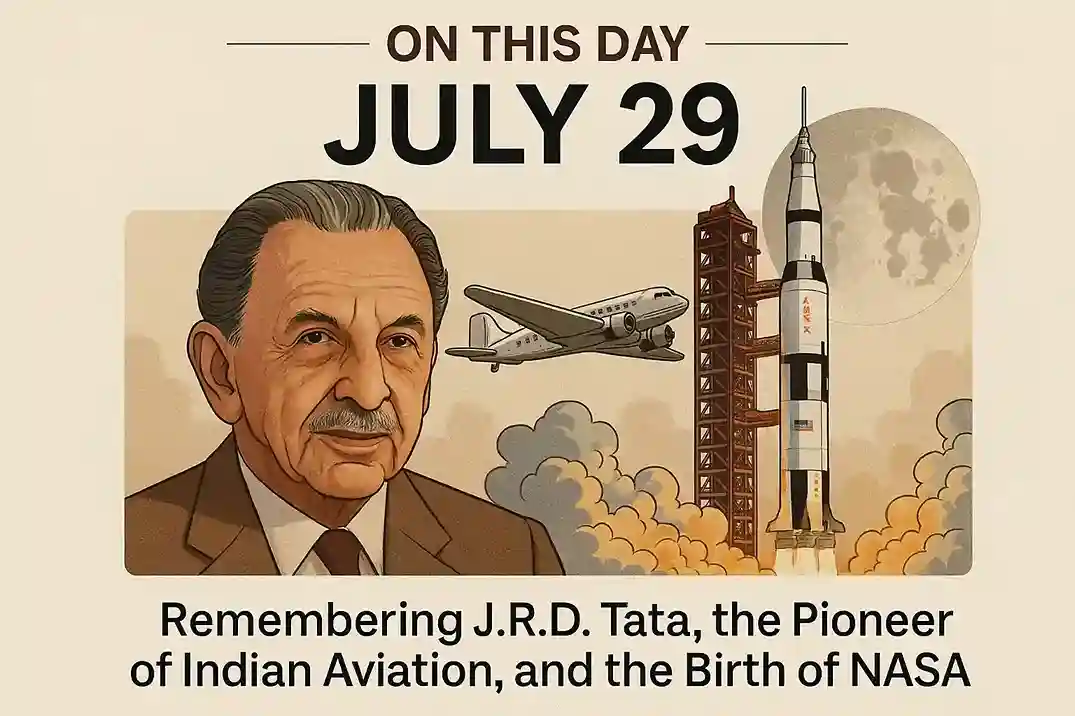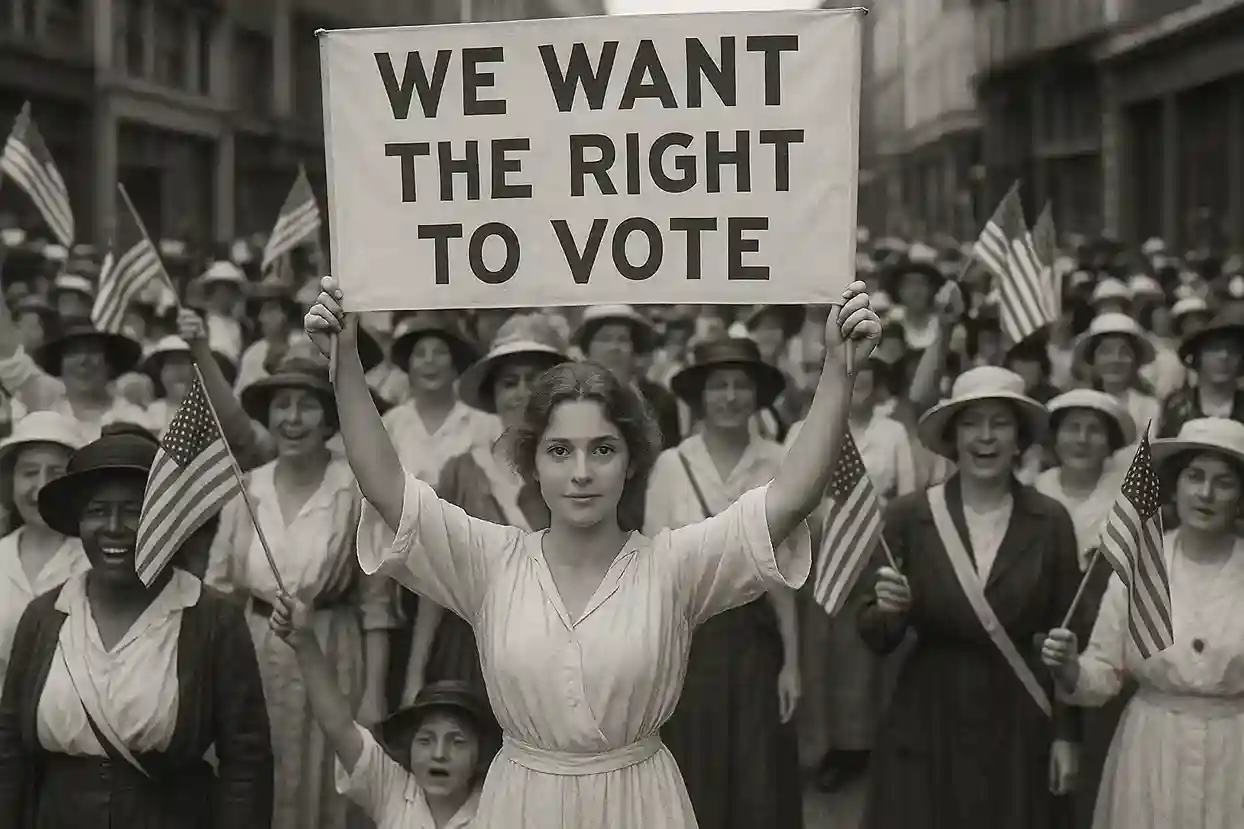On This Day, July 29: Remembering J.R.D. Tata, the Pioneer of Indian Aviation, and the Birth of NASA

On This Day, July 29: Remembering J.R.D. Tata, the Pioneer of Indian Aviation, and the Birth of NASA
NEW DELHI, India – July 29 is a day of monumental milestones, celebrating the birth of a visionary who built modern Indian industry and the creation of the agency that took humanity to the moon and beyond. It is a day that highlights groundbreaking achievements in business, science, and global diplomacy.
Here’s a look at the significant events that took place on this day:
1904: The Birth of J.R.D. Tata, India's Visionary Industrialist
On this day, Jehangir Ratanji Dadabhoy Tata, lovingly known as J.R.D. Tata, was born in Paris. A true pioneer, he became the chairman of the Tata Group at the young age of 34 and steered it for five decades, transforming it into India's largest industrial conglomerate. An avid aviator, J.R.D. was India's first licensed pilot. In 1932, he founded Tata Airlines, which later became the national carrier, Air India, earning him the title "Father of Indian Civil Aviation." He was awarded India's highest civilian honor, the Bharat Ratna, in 1992 for his immense contribution to nation-building.
1958: NASA is Created, Launching the Space Age
In a direct response to the Soviet Union's launch of the Sputnik 1 satellite, U.S. President Dwight D. Eisenhower signed the National Aeronautics and Space Act on this day, officially creating the National Aeronautics and Space Administration (NASA). This marked the formal beginning of the Space Race. Over the decades, NASA has been at the forefront of space exploration, responsible for the Apollo moon landings, the Space Shuttle program, the Hubble Space Telescope, and missions to every planet in our solar system.
1957: The International Atomic Energy Agency (IAEA) is Established
On the global diplomatic front, this day marks the establishment of the International Atomic Energy Agency (IAEA), the world's "nuclear watchdog." Formed as an autonomous organization under the United Nations, the IAEA's mission is to promote the peaceful use of nuclear energy and to inhibit its use for any military purpose, including nuclear weapons proliferation. It plays a critical role in global security and safety.
1981: The 'Wedding of the Century' of Prince Charles and Lady Diana
Watched by an estimated global television audience of 750 million people, Prince Charles and Lady Diana Spencer were married at St. Paul's Cathedral in London. The event was a cultural phenomenon, a fairytale wedding that captivated the world and became one of the most iconic and memorable moments of the 1980s.


